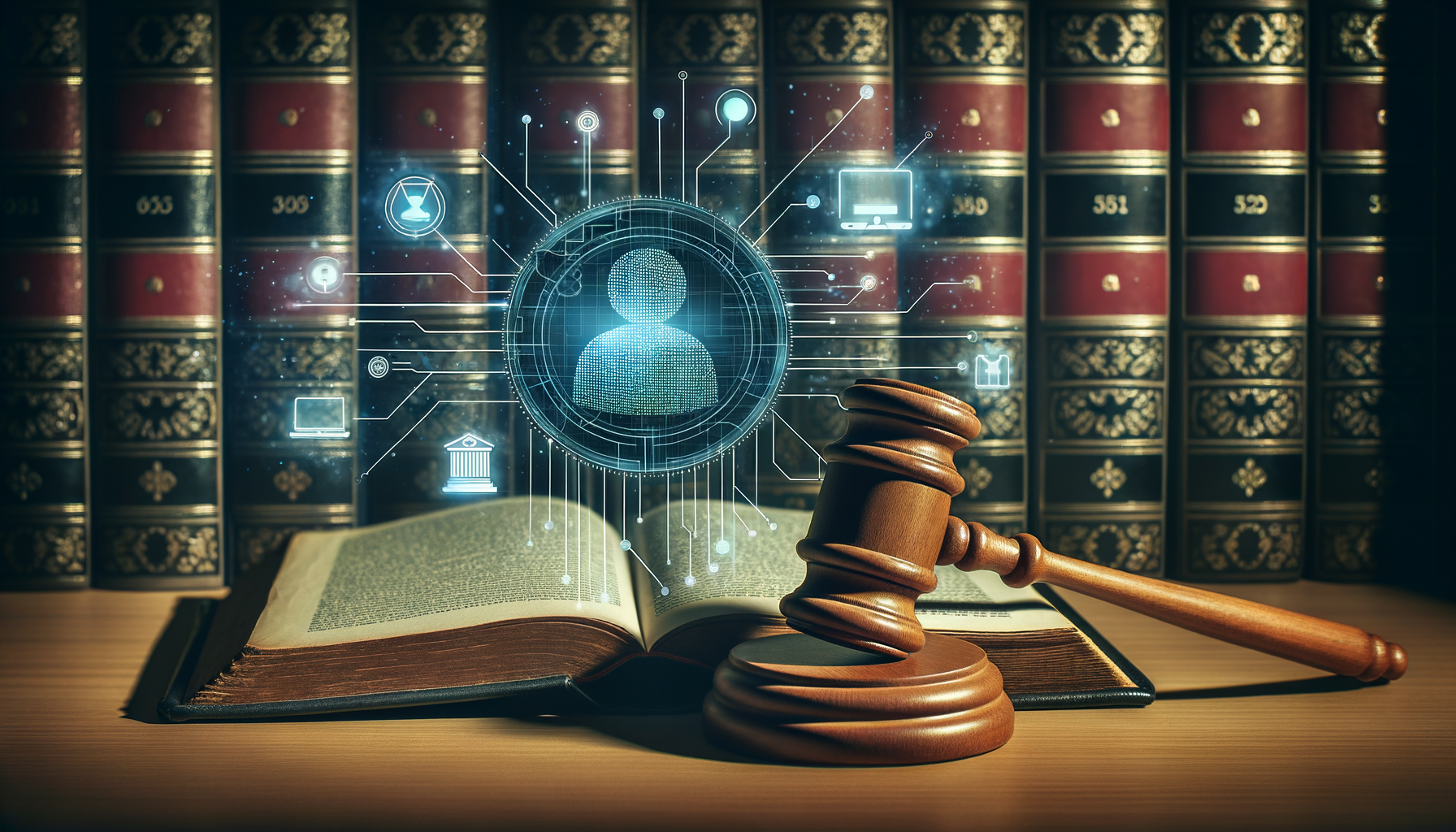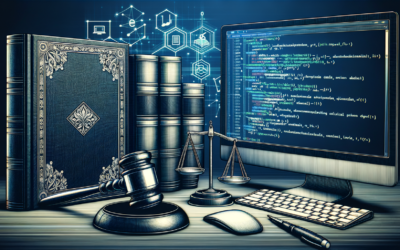Legal Technology
With the advent of the digital age, the legal sector is at a crossroads between tradition and innovation. Legal technology, often referred to as “LegalTech”, is becoming a cornerstone for law firms and professionals seeking to optimize their operations and offer better service to their customers. This article aims to explore the facets of this technological integration in the judicial world.
What is legal technology?
Legal technology refers to all software, applications and digital platforms designed to support legal professionals in various aspects of their work. It covers a wide range of tools, from the automation of routine tasks to the use of artificial intelligence for legal research. The aim is to make legal services more efficient, accessible and affordable.
The main areas of LegalTech
Automating legal tasks
Tools forautomating legal tasks can simplify administrative procedures, such as filling in forms or managing customer files. This frees up lawyers’ time, enabling them to concentrate on higher value-added work.
Practice management software
Practice management software, such as lawyer accounting and invoicing software, optimizes financial and administrative follow-up, guaranteeing better internal organization and greater precision.
Collaboration platforms
Platforms for lawyers promote collaboration between legal professionals. They facilitate document sharing and communication both within the firm and with clients, paving the way for a more integrated legal practice.
Artificial intelligence in law
The adoption ofartificial intelligence in law is revolutionizing legal research and big data analysis, enabling patterns to be detected and legal outcomes to be predicted with superior accuracy.
The impact of LegalTech on legal practice
Improving efficiency
By reducing the time spent on repetitive tasks, technologies enable legal professionals to devote more time to strategy and creative thinking, crucial aspects of their profession.
Accessibility and democratization of the law
Legal technology facilitates access to legal services for large sections of the population, contributing to the democratization of the law.
Innovation in services
By providing new tools, such as CRMs for law firms, LegalTech is encouraging legal service providers to rethink the way they offer and manage their services.
Frequently asked questions
Here’s a list of frequently asked questions about legal technology.
What is the reluctance to use legal technology?
Some professionals express fears about data security and the potential loss of jobs due to automation. However, the current trend is towards increasing adaptation to digital technology, with reinforced cybersecurity measures.
Can LegalTech really improve access to the law?
Yes, by offering online services in particular, it makes legal advice more affordable and enables more people to benefit from legal advice.
How can you keep up with developments in LegalTech?
Ongoing training is essential. There are many resources, including blogs, webinars and conferences, designed to help legal professionals integrate the latest innovations into their practice.
The advance of legal technology is inexorable, reflecting changing customer expectations and the need for legal professionals to remain competitive in an ever-changing world.




